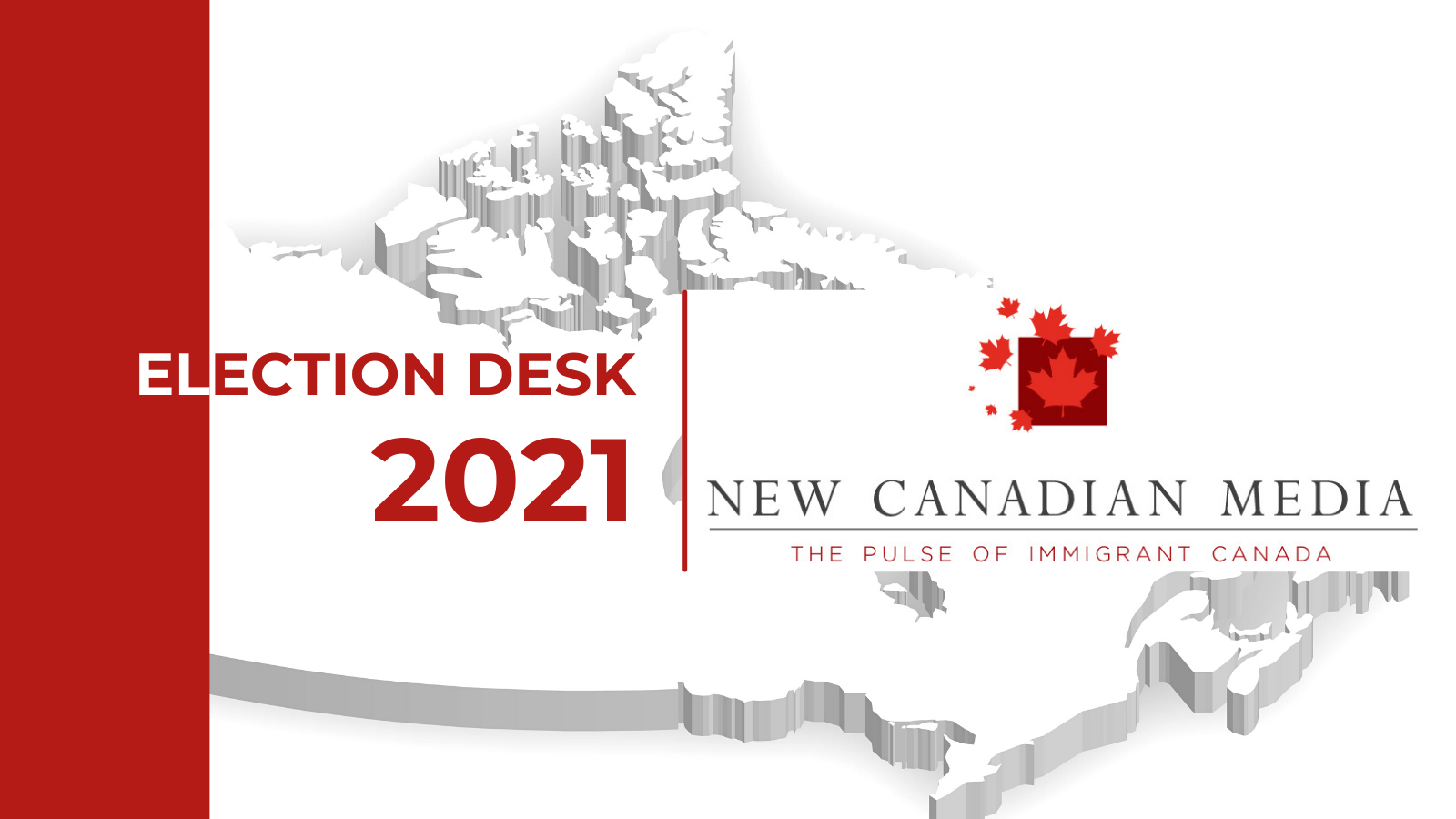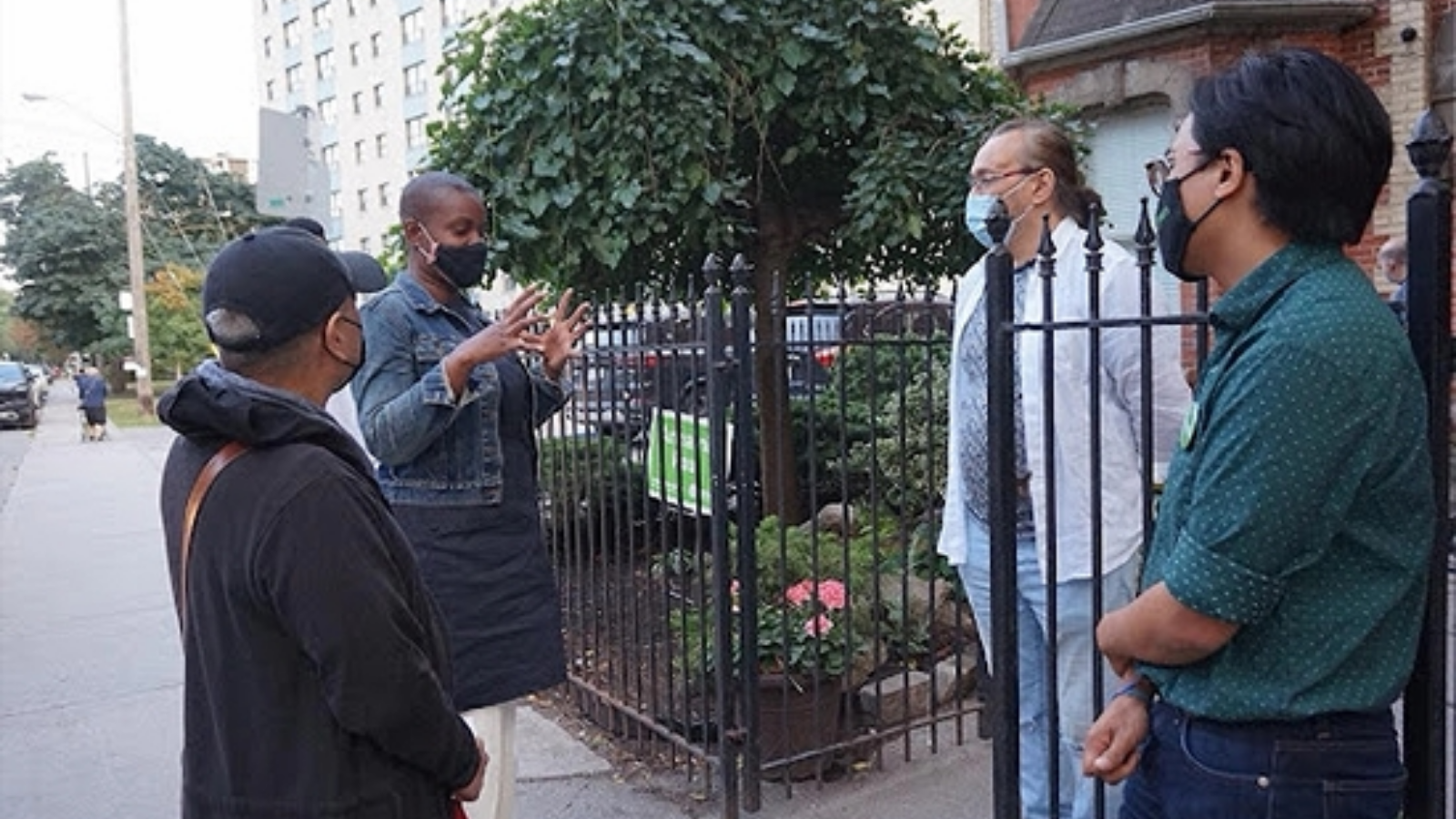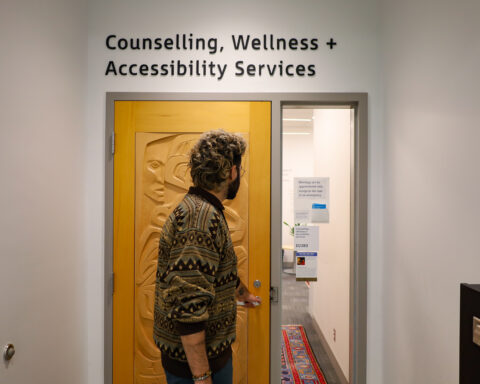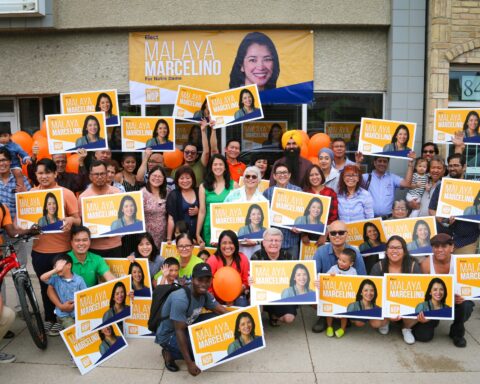While labour and immigration have been discussed during this federal election campaign, Filipino advocates and community members say politicians need to do more to address the specific concerns of the Filipino diaspora.
The Philippines is one of the top source countries of immigrants to Canada, with close to one million Filipinos estimated to be residing across the country. 
“You can’t treat the Filipino community as one block. Depending on where they are in the country…their age group…the income or industry they’re working in, it really makes a difference what issues matter to them,” said Paul Jonathan Saguil, a lawyer and community activist, in an interview with New Canadian Media.

In general, Saguil says Filipinos are concerned about the immigration process, particularly family reunification, and foreign credentials recognition, especially for regulated professions. He says this is due to a “disconnect between what federal immigration policy is versus provincial jurisdiction over regulating professions.”
“There is sometimes a disconnect between being qualified for immigration and actually being qualified to practice [your profession in this country],” he said. “That leads to negative experiences. I think coordinating federal immigration policy with provincial regulation of professions is actually an important ongoing issue.”
With two politically engaged fellow advocates, Saguil co-founded the Filipino Canadian Political Association (FPCA), a grassroots, cross-partisan, non-profit. The group seeks to engage more Filipino Canadians to be involved in politics, noting that there has not been an elected representative of the community at the House of Commons for the last 17 years. Dr. Rey Pagtakhan, who represented a Winnipeg, MB, riding, served in Ottawa from 1988 – 2004.
Systemic Issues
Mithi Esguerra, project coordinator of a settlement agency that serves migrants and refugees, said that while immigration is in the platforms of the major political parties in this election, the campaign promises are old news.

“In this election, political parties … should be addressing issues that have always been brought forward by migrants: the precariousness of status of migrant workers in their workplaces, which makes them open to exploitation by employers; the nature of the immigration process, which leaves workers vulnerable to questionable recruitment practices. These are the issues that for many years, migrants have been dealing with,” Esguerra told NCM.
She added that it is not clear how the different political parties will execute their plans, including promises to create or expedite pathways to permanent residency of temporary foreign workers.
In an email reply, Stef Martin, secretary-general of Migrante Canada, said none of the political parties have addressed the issues that have been consistently raised by migrants, refugees and racialized communities, including the Filipino diaspora in Canada.
Martin said some of the concerns of Filipino Canadians are tied to Canada’s foreign policy with the Philippines.
“Not one political party will be able to confront the decades-long systematic exploitation that results in uprooting workers from countries in the global south such as the Philippines to have them work for low wages, if not treat them as modern-day slaves in Canada,” said Martin.
Martin added that the pandemic has also highlighted healthcare issues among racialized groups, not least of all frontline workers.
“The COVID-19 pandemic further exposed the existing inequalities that have heavily impacted immigrants, refugees and racialized communities,” said Martin, stressing the intersectionality between healthcare, labour and structural racism.
“Migrant communities have been advocating for access to healthcare, vaccines, financial support, and better working conditions that are not limited to their status such as temporary foreign workers, international students, and undocumented” residents, she noted.
Swing Vote
Saguil said it makes sense for political parties to pay attention to these issues and concerns.
Last spring, FPCA came out with an analysis of the 2019 federal election, showing that Filipino Canadian voters in some ridings made an impact based on the margin of votes.
“For example, in the GTA (Greater Toronto Area) battleground riding of Richmond Hill, the margin of victory was just 212 votes – a riding with 2,940 Filipino Canadians,” said Grant Gonzales, a board member and co-founder of FPCA, in a press statement.
“There are 37 ridings where the Filipino Canadians population was larger than the 2019 margin of victory. Political parties would be wise to meaningfully engage one of the fastest growing population groups in Canada,” he added.

While not all Filipinos in Canada may be eligible to vote in this upcoming election – for example, migrant workers – Martin said they make up a big part of Canada’s population and are in valuable sectors and industries.
“Nevertheless, our migrant communities can strategically use the federal elections to advance their reform agendas and strengthen our relations with the rest of the Canadian working-class movement,” she said.
Veronica Silva Cusi is a multimedia journalist and researcher with more than two decades of experience as a reporter/writer and editor. She also taught journalism and communication courses for 14 years at the university level. Veronica also writes and edits technical reports, such as research reports and training materials, and marketing communications materials, such as brochures and newsletters. Veronica holds two master’s degrees -- in communication research and journalism. She also conducted media training while a university lecturer.





